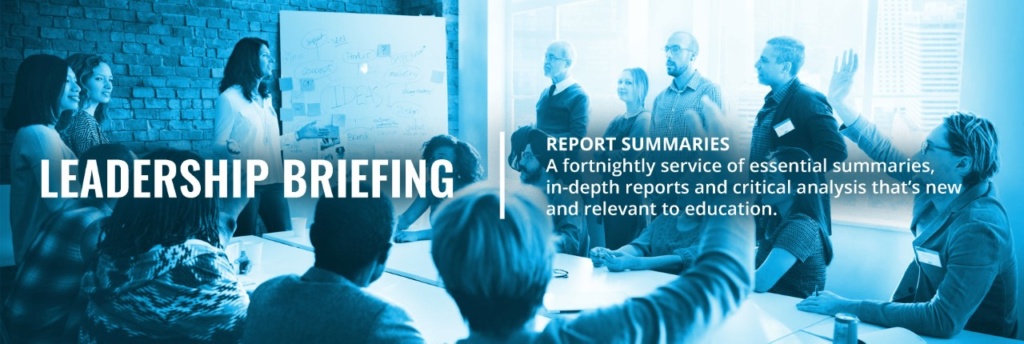
In total 1001 young people participated in the survey, including 393 males, 595 female. Participants were either 16 years old (505 individuals) or 17 years old (496 individuals).
Just over a quarter (26%) indicated that they are eligible for free school meals. 7% of respondents stated that they have a disability and 9% that they have a special educational need.
FGM and pleasure were the two topics young people were least likely to have learnt anything about. Cyberbullying and bullying are the two topics that were most likely to have been covered.
There were also considerable differences between how female and male respondents assessed if they had learnt all they needed to about the various topics.
The poll is intended to benchmark the quality of RSE as the subject becomes statutory in schools in England by September 2020.
Key Findings:
- The research shows that 52% of pupils thought more time should be spent on Relationship and Sex Education (RSE) and 34% wanted the subject to be treated more seriously.
- The majority of young people surveyed were positive about the quality of their RSE, as a whole, at school. 45% rated the quality of their RSE as ‘good’ or ‘very good’.
- A further 39% said the RSE received as ‘OK’.
- 89% of respondents described those who taught relationships and sex education at their school as confident.
- The survey did however highlight some significant gaps in young people’s RSE:
- 20% did not receive teaching on the signs of an abusive relationship, with 18% not learning anything about how to find help if they are sexually assaulted.
- 23% of 16-17-year-olds did not learn anything at school about how to recognise when someone is being groomed for sexual exploitation.
- 23% said they didn’t learn anything at all about how to tell if a relationship is healthy.
- Considerable numbers did not learn about other important subjects, including Female Genital Mutilation (FGM) (33%), pornography (27%) or sexual pleasure (30%).
- 22% did not learn about Lesbian, Gay, Bisexual and Transgender (LGBT+) issues and 12% learnt nothing about HIV.
- Only 53% of respondents had learnt everything they needed to about how to access local sexual health services.